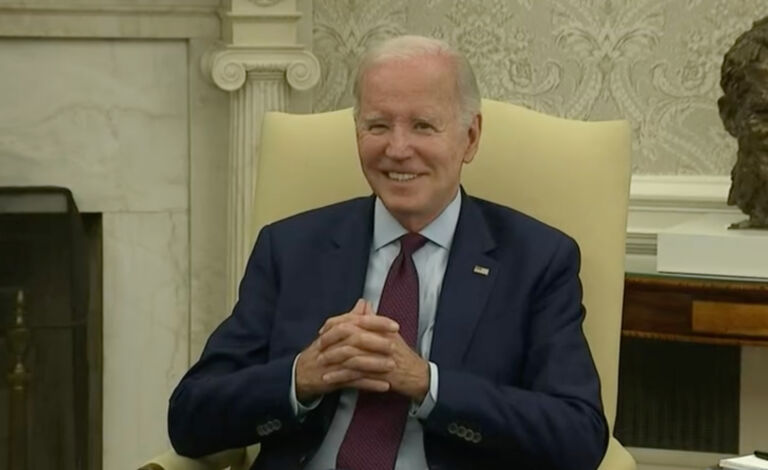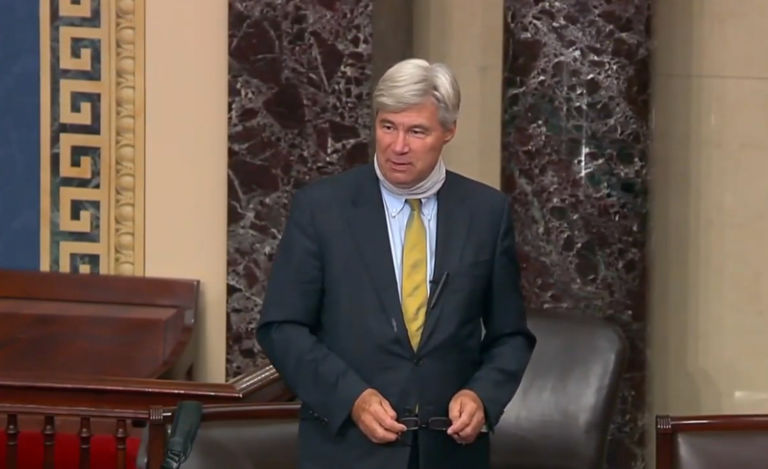This weekly newsletter, focused on environmental issues, highlights relevant analysis done by the John Locke Foundation and other think tanks, as well as items in the news.
1. Climategate II emails reveal BBC and EAU Climate Research Unit collude to blackball skeptics
Last week in this space we reported that thousands of new emails have been leaked from alarmist community at Britain’s East Anglia University Climate Research Unit (CRU). These are the same scientists who were involved in the original Climategate fiasco back in 2009. As reporters are sifting through these emails, new details regarding how the leading scientists in the IPCC community are morphing what they do from climate science into "political science."
One of the latest news items comes from the London Daily Mail. The Mail is reporting that the new emails show that the CRU "spent 15,000 [pounds] on seminars for top BBC executives in an apparent bid to block climate change skeptics from the airwaves." According to The Mail, "the emails … shed light for the first time on an incestuous web of interlocking relationships between BBC journalists and the university’s scientists, which goes back more than a decade."
This email exchange between former BBC environment correspondent Alex Kirby and one of the central characters in the Climategate scandal, CRU head Professor Phil Jones, is quite revealing. Here it is as reported by The Mail:
On December 7, 2004, the BBC’s then-environment correspondent Alex Kirby wrote to Prof Jones.
He had, he said, succeeded in blocking one skeptic from the BBC, claiming his work was ‘pure stream of consciousness rubbish’. But to his regret, he had been unable to stop a group of scientists who said there were flaws in the hockey-stick graph being featured.
‘I can well understand your unhappiness at our running the other piece,’ he wrote.
‘But we are constantly being savaged by the loonies for not giving them any coverage at all … and being the objective impartial (ho ho) BBC that we are, there is an expectation in some quarters that we will every now and then let them say something. I hope though that the weight of our coverage makes it clear that we think they are talking through their hats.’
Prof Jones commented: ‘I thought you exercised some caution with crackpots.’
Mr Kirby replied: ‘Oh Phil, what can I say … I hope you’ll still talk to me despite this.’
As I concluded this discussion last week, stay tuned. I’m sure there will be more to come. And oh yeah, next time you hear reporting on global warming or any other environmental issue on BBC America, maybe you should keep this story in mind and take what is being reported with an appropriate grain of salt.
2. Locke Foundation sponsors wind power workshops in Wilmington and Carterett
Over the past year there the has been a very strong push by well-funded environmental pressure groups promoting the building of industrial wind power plants along the coast of North Carolina. These groups have been making unsupported and undocumented claims regarding the benefits of constructing such plants in the middle of North Carolina’s public waterways. One particularly egregious example is the Sierra Club’s claim that proposed wind power plants would create 9,000 jobs in coastal North Carolina. For two weeks the John Locke Foundation repeatedly contacted the Sierra Club for a citation to the study that allegedly generated these numbers. None was ever provided. This number especially caught our attention because, throughout Europe, study after study is showing that subsidies for so-called green energy are actually killing more employment opportunities than they are creating. I should also point out that this result is exactly what sound economic reasoning would predict when resources are diverted to high-cost, inefficient investment projects of any kind.
On December 5 at UNC-Wilmington and on December 6 at Carteret Community College, the John Locke Foundation will sponsor workshops presenting the rest of the wind power story not covered by wind industry advocates. Experts will look at a host of issues including the relationship between high energy costs and N.C. laws mandating that utility customers buy all wind power generated, whether they want to or not; the inefficiencies of generating electricity using wind turbines; and the environmental impact of industrial wind power on our coastal areas.
For information regarding the programs, which are free and open to the public, click here and here.
Click here for the Environmental Update archive.


